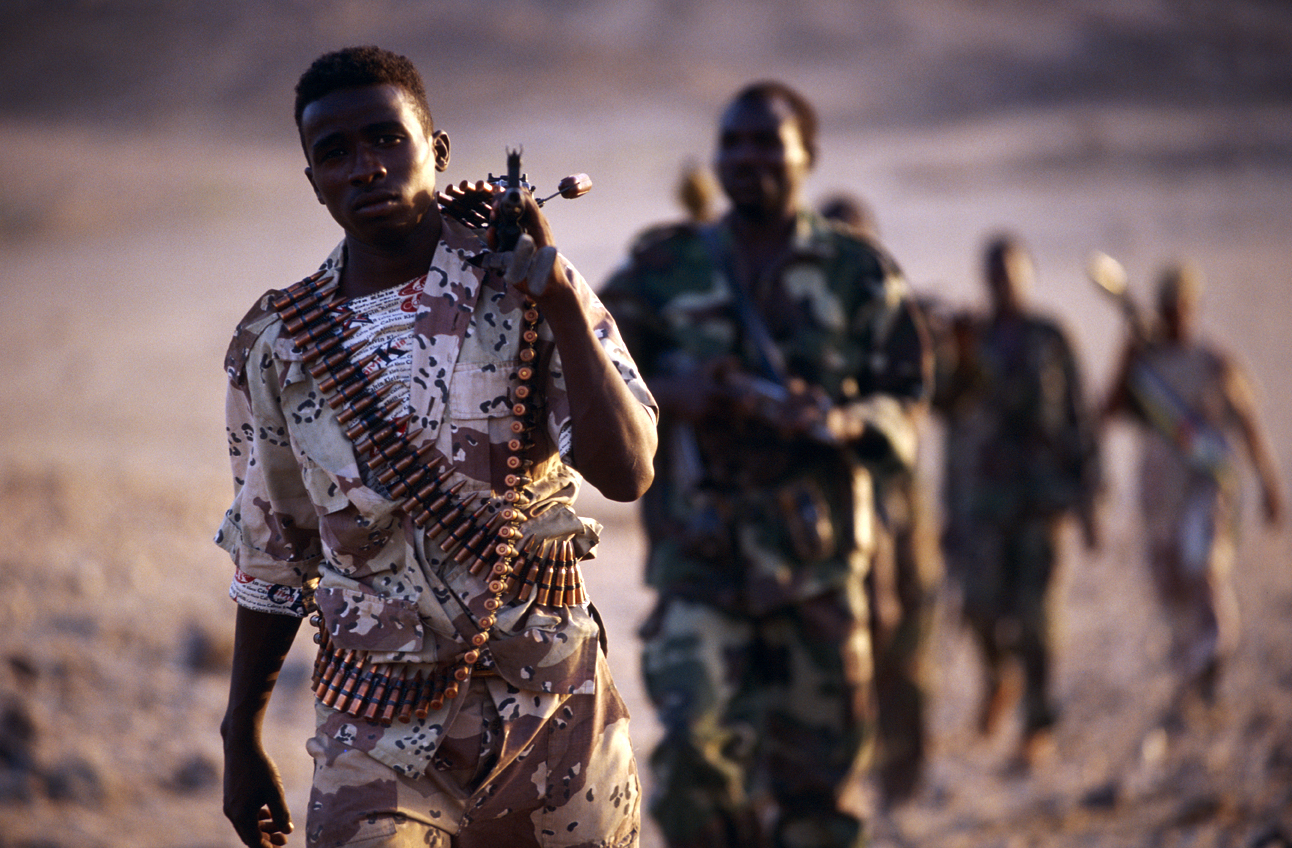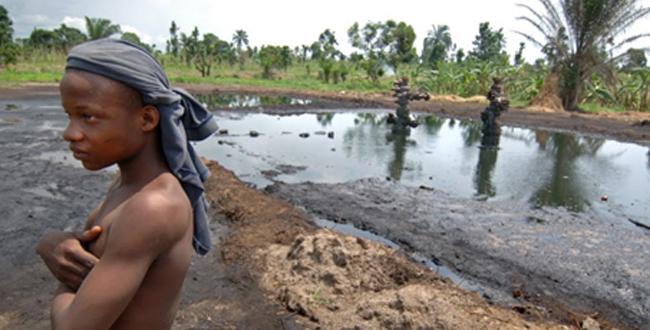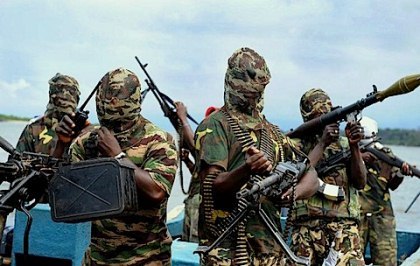[captionpix align=”left” theme=”elegant” width=”320″ imgsrc=” http://www.voafanti.com/gate/big5/media.voanews.com/images/300*300/Gold-Sudan-BlueNile-300.jpg” captiontext=”The division of Sudan into two sovereign states has not brought an end to violent conflict.”]
After decades of intermittent warfare, July 9, 2011 marked South Sudan’s independence from its northern neighbour creating the world’s newest country. An overwhelming 99% of residents in the predominately Christian/animist south voted for secession from the mainly Muslim north. Finally it seemed as if peace was at hand for the troubled area—but too many unresolved issues remained.
Border hostilities resumed in April of this year after bitter quarrelling over border demarcation and dispersal of oil profits. Over 98% of the South’s economy is derived from petroleum revenue; however the pipeline exporting the oil runs through the north leaving the south heavily reliant on Sudanese infrastructure.
Further confounding the issue was the covert funding of guerrillas in the Nuban Mountains, located just over the border in Sudan, by the South Sudanese rebels-turned-government with money and arms which facilitated brutal fighting in the region. Simultaneously, Khartoum (Sudan’s capital) was supplying and arming ethnic militias in the south, sparking clashes and bombing raids across Sudan’s southern states and South Sudan’s Unity State.
Oil Stoppage
In January, after southern tankers were seized by Sudan in response to delinquent oil transit fees, South Sudan shut off the flow of oil completely to a tune of 350,000 barrels per day and has yet to resume it. Given the linkages between the two countries and the South’s total reliance on oil revenues the move hurts on both sides of the border. The lack of capital flow may mean that the South will soon be unable to pay its military—a severe problem in the middle of a smouldering, endemic conflict.
On May 2, the UN Security Council passed resolution 2046, “Condemning the repeated incidents of cross-border violence between Sudan and South Sudan… the Security Council decided that Sudan and South Sudan must immediately cease all hostilities, withdraw forces, activate previously-agreed security mechanisms, and resume negotiations under threat of sanctions.” Consequently both sides are currently engaged in AU-mediated negotiations over a seven point road map in Addis Ababa scheduled to resume on June 21.
Many Sudan experts say that while international exposure prevents an all-out war, tensions will continue unabated for years to come. Similarly, Sudanese president, Omar Al-Bashir recently quipped that, “If they want to change the regime in Khartoum, we will work to change the regime in Juba [capital of South Sudan].” The conflict amounts to a tit-for-tat cycle of unending violence marked by high levels of destruction, hundreds of thousands of internally displaced persons and a death toll in the millions. According to the UN’s Office for the Co-ordination of Humanitarian Affairs approximately 4.7 million people in the region are facing starvation or severe malnutrition
[captionpix align=”left” theme=”elegant” width=”320″ imgsrc=”http://allafrica.com/download/pic/main/main/csiid/00171146:64c6028f6e4d3a41e0d7f61143f6dc2c:arc614x376:w614:us1.jpg” captiontext=”Decades of Sudanese conflict has produced millions of internally displaced people and refugees.”]
Yet, while there is no shortage of varying protocol agreements stemming from international arbitration, all have been summarily violated. Although oil might soon flow again, a long term solution to the more serious issues of border demarcation and support for opposing rebel groups seems highly unlikely.
Malawi’s AU Summit Scrapped
As a result of the 2009 indictment by the International Criminal Court (ICC) of President Bashir for war crimes charges related to the conflict in Darfur (with an estimated 300,000 dead), Malawi has refused to host the upcoming African Union Summit, which Bashir will attend, with Vice-President Kumbo Kachali stating that as “Much as we have obligations to the AU, we also have obligations to other institutions.”
A clear deciding factor in the refusal is a desire by Malawi’s new president, Joyce Banda, to restore relations with Western governments, which were strained under her predecessor. Roughly 40% of Malawi’s development budget was once provided by foreign donors, a number that has fallen significantly due to the financial crisis and strong reservations over the rule of Malawi’s past president.
Although the AU had asked the UN Security Council for the arrest warrant to be deferred and urged Malawi to host the meeting, Sudan requested that it be moved to AU headquarters in Ethiopia instead. The Sudanese president is the first sitting leader to be indicted by the ICC, cementing his status as an international pariah.
Moving Forward?
Aside from an ICC indictment, the Bashir regime also faces a struggling economy with high inflation, student protests linked to the Arab Spring movements in neighbouring Arab states, and anti-government rebellions in Nuba, Darfur, and Blue Nile State. Can the Sudanese president surmount the many challenges on his door step?
[captionpix align=”left” theme=”elegant” width=”320″ imgsrc=” http://img2.allvoices.com/thumbs/image/550/400/88082199-omar-albashir.jpg” captiontext=”Despite a series of roadmaps, no agreement has been upheld by Sudanese President Omar Al-Bashir (R) and his southern counterpart President Salva Kirr (L) .”]
The South Sudanese leader is also far from unencumbered. President Salva Kiir faces rising ethnic tensions, a severe lack of resources and infrastructure, and an influx of refugees, as many as 30 000 in the two weeks leading up to June 4, who are fleeing from the fighting in Blue Nile State. Conflict with the north seems to provide an escape from dealing with deep systemic issues arising from building a country where once there was none.
The two countries have known little peace since Sudan’s original independence in 1956 from Great Britain and Egypt, and barring sharp adherence to the seven point road map plan or deepened foreign intervention past the imposition of sanctions, conflict will likely continue for many years to come.
Contact: nick@pmg.org.za




